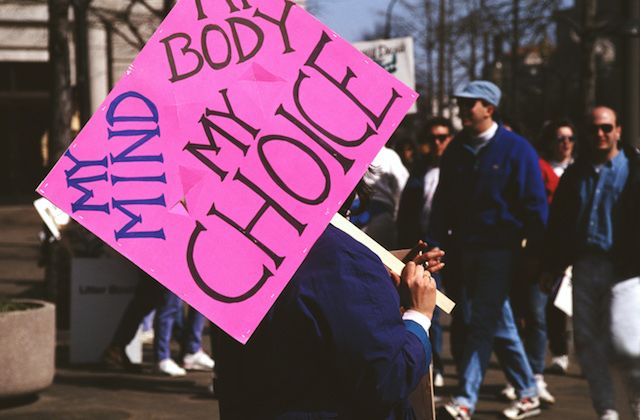
How can we bring comprehensive and affordable abortion care to the most marginalized individuals? Reproductive justice leaders weigh in on the subject on Colorlines.com including SWLC’s Executive Director, Terrelene Massey.
I’ve seen first-hand how Indigenous women and communities face too many barriers to have our basic needs met—and that includes access to reproductive health care. Since 1976, the Hyde Amendment has prohibited the use of federal funds to cover abortions for those who access health care through Medicaid or the Indian Health Service. Hyde and other intersecting, discriminatory policies have worked together to hack away at the full promise of Roe v. Wade for Indigenous people.
Terrelene Massey, Executive Director
We’re fighting for a future that includes all of us, and leaves no one—including Indigenous people and those of us living on reservations, Indian land and in rural areas—behind. Our work must do more than sustain abortion rights as they are. Reproductive health care must be affordable and geographically accessible for the most marginalized communities, and to achieve this vision for all of us, we must follow the lead of the Indigenous women and people most impacted by this fight.
Southwest Women’s Law Center
Photo Credit: Alfred Gescheidt/Getty Images, Pro-Choice March in Washington D.C., May 4, 1992


